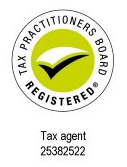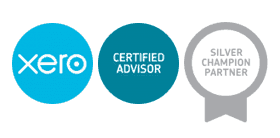Welcome back to this series on succession planning.
Part 3: Selling your business
If you plan to sell your business, you’ll have to decide whether to sell to a family member, business partner, employee or outside buyer. Then you can start getting your business in shape for the sale.
You’ll need to determine:
- Whether the sale includes business assets or shares.
- What you hope to gain from the sale (personally and financially).
- Purchase price.
- When you want to sell and method of payment (upfront or scheduled payments).
- Financing for a change of ownership.
It’s wise to seek the advice of a business valuator and broker as well as financial, legal and succession planning advisors to ensure the outcome of the sale meets your objectives. These professionals can help determine the right financial structure for the sale of your business, the best way to market your business and provide advice on tax and legal considerations.
Getting the best price for your business
There’s one proven way to get the best value for your business: prepare early.
It can take years to sell a business. To facilitate a quicker sale and get top dollar you’ll need to take steps early to ensure your business attracts an eager buyer.
- Show your business has been profitable for several years with cash flow forecasts, profit forecasts and budget reports.
- Have your tax records in order.
- Know your customer acquisition and retention rates.
- Develop more revenue streams with extra services or products.
- Start “replacement planning” – grooming your successors and locking in staff through loyalty incentives.
- Offer financing terms.
Another excellent way to make your business appealing to a buyer is to create transferable value – in other words, ensuring your business is “turnkey.” You can do this by creating effective systems for management, sales, production and administration, so your business can function seamlessly without you. Another great tip is to create an operating manual that documents all processes in simple, easy-to-understand steps before you sell.
Will you stick around?
A buyer will likely want you to stay on board for six months to two years to help oversee the transition of the business (and, perhaps more importantly, to hold you accountable for any promises!) Will sticking around impede your next plans – to start another business, or start retirement? It’s important to determine what you are willing to do for the buyer in terms of your own transition commitment before you set out to sell the business.
If you are ready to make serious efforts in succession planning for your business (which you should) stay tuned for the next and final part in this series.









